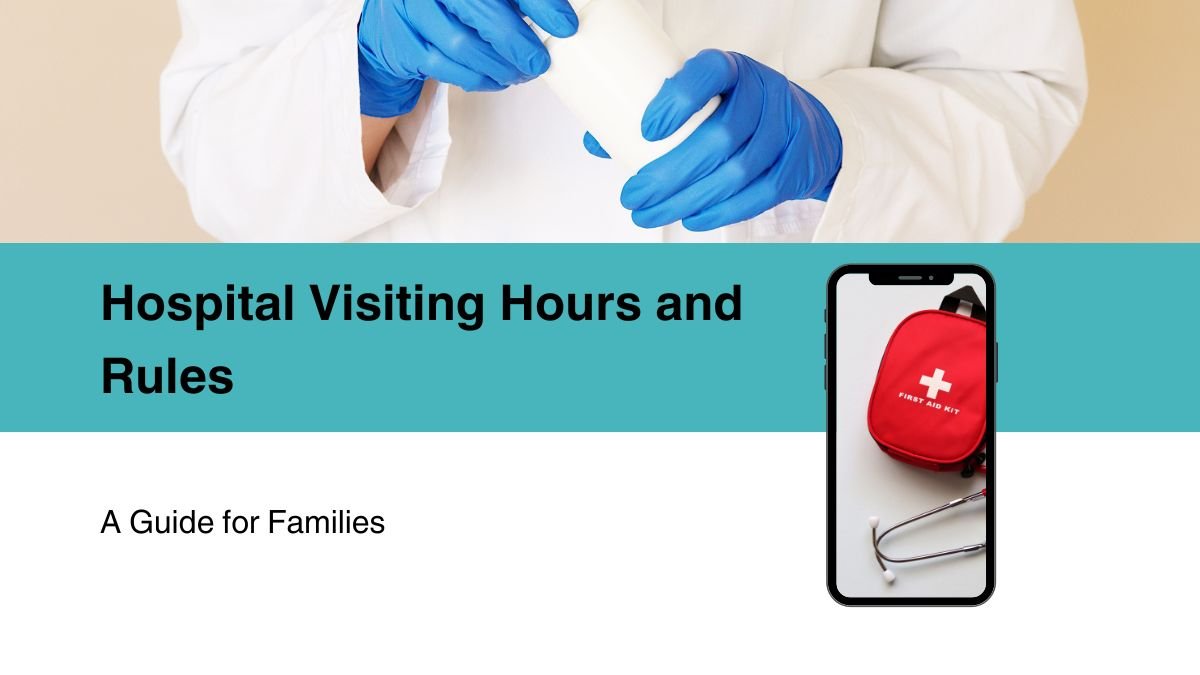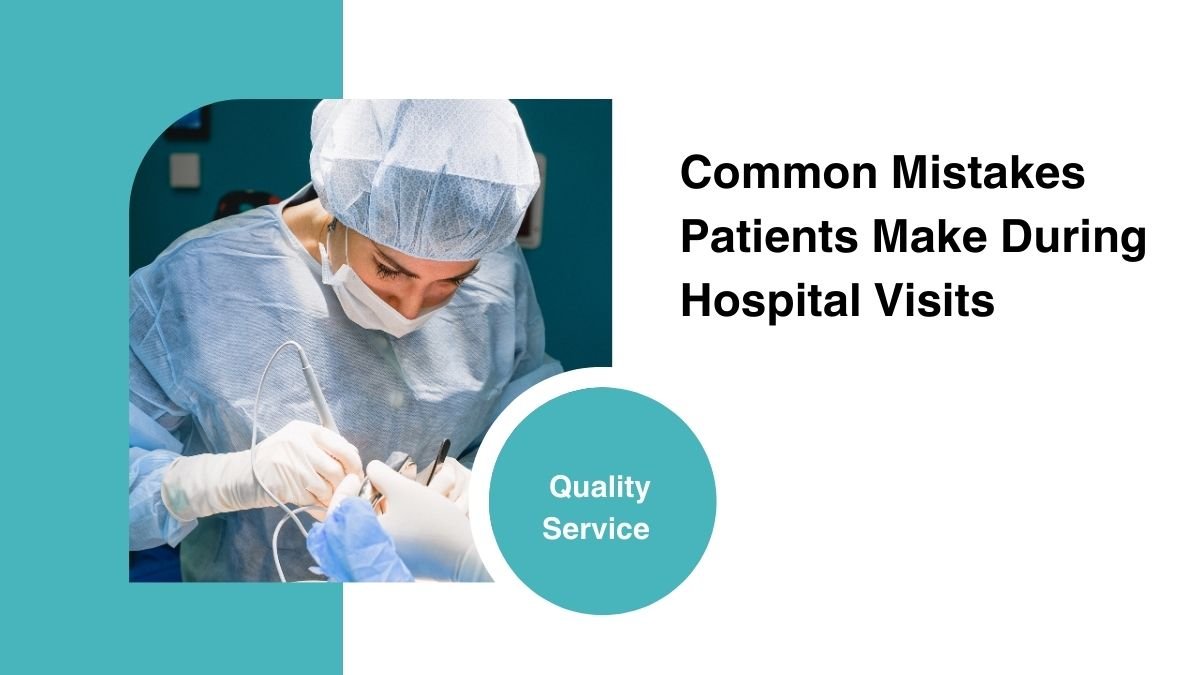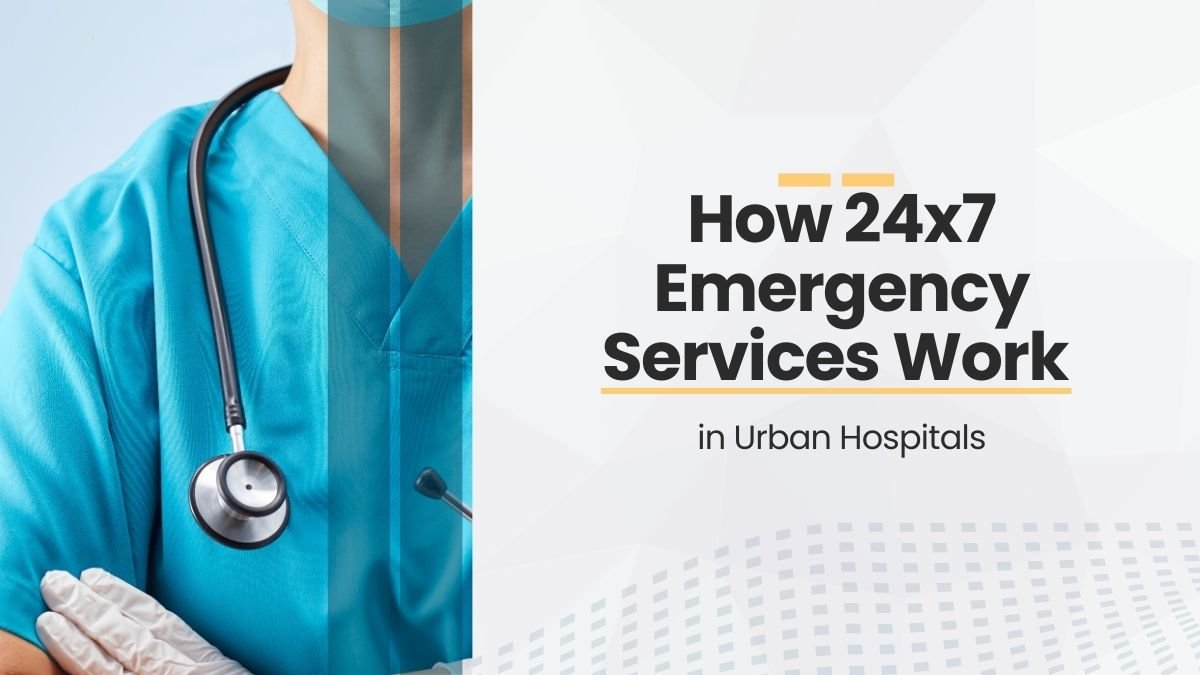Patient Rights in India
These rights protect you, maintain your dignity, and ensure that you receive timely and quality treatment. But at the same time, they keep you secured and dignified in free consciousness during hospital treatment, of course, with the right medicines and doctors. Let’s understand them very freshly: illustrated with examples and in simple terms.
1. Right to get complete and correct information
Your first right is that the doctor and hospital should tell you about your disease, treatment options, precautions and possible consequences in a clear and understandable language.
What is included: Name of the disease, its causes, treatment methods, possible risks and benefits.
Expense disclosure: The estimated cost of the operation, medicines, tests and other services should be told in advance.
Example: If you are advised to undergo heart surgery, you should know how many days you will have to stay in the hospital after the operation, what will be the total cost and how much time will be required for recovery.
2. Right to consent or refuse treatment
Your informed consent is necessary before any test or procedure.
Permission for treatment: Before starting an operation, major test or new treatment, you will have to give your consent in writing.
Right to say no: You can refuse any treatment if you want and the doctor will have to respect it.
Example: If you do not feel the need for an expensive test, you can refuse it and the doctor will have to tell you alternatives.
3. Right to confidentiality and privacy
Private and confidential information including your medical records, reports and personal information cannot be divulged to anyone without your consent except when demanded by law.
Access is restricted to authorized personnel: Your reports can be seen by your doctor, the treatment team, or the individual you designate.
Example: The disease for which you are being treated cannot be told to your office or neighbor without your permission.
4. Right to quality treatment
You should get treatment that is according to the set standards and which is given by trained health workers.
Standard facilities: The hospital should have the necessary equipment, trained staff and a clean environment.
Example: When admitted for delivery, the hospital should have an operation theatre and specialists for emergency.
5. Right to complain and get redressal
If you have a problem with the treatment, bill or hospital’s behavior, you can file a complaint.
Complaint system: Every hospital should have a help desk, complaint box or online portal.
Example: If there is a mistake in the bill or you have not received treatment on time, then you can complain about it and ask for a written answer.
6. Right to discrimination-free treatment
You cannot be treated differently on the basis of caste, religion, language, gender, or economic status.
Equal Treatment: Medical service should be the same whether one is in a private room or the general ward.
Example: Giving less medicine to a poor patient who cannot pay the bill is both wrong and illegal.
7. Right to a second opinion
If you have doubts about your treatment, you can consult another doctor.
Open choice: The hospital or the doctor cannot stop you from seeking a second opinion.
Example: If you have been advised to start cancer treatment, you can confirm with another cancer specialist.
Legal basis for these rights
The Clinical Establishments (Registration and Regulation) Act, 2010, and the Indian Medical Council (Professional Conduct, Etiquette and Ethics) Regulations, 2002 mention the rights in India.
These reminded the hospitals as well as the doctors that there has to be dignity and safety of the patient, apart from being a medical process, when it comes to treatment.
Easy ways to protect your rights
- Get all the information in writing – keep a copy of the advice received from the doctor, cost estimate and reports.
- Don’t hesitate to ask questions – if you don’t understand something, ask again and again.
- Inform family – In cases of serious treatment, involve your relatives.
- Check bills and reports – Check all bills and reports received after treatment carefully.
- Use helplines when needed – If the hospital does not listen to your complaint, go to the state health department or consumer forum.
A small example – Suppose Rajesh had to undergo a kidney operation. The hospital gave him the cost of the operation, recovery time and possible risks in writing beforehand. He also consulted another doctor, which satisfied him. After the operation, his medical record was kept private and there was no discrepancy in the bill. Rajesh’s experience was positive because he exercised his rights.
Conclusion
The patient’s rights are the protective shield of your health. Knowing and adopting them will not only provide you better treatment, but will also save you from unnecessary trouble and financial burden.
Remember – in the hospital, you are not just a patient, but a person with your own rights.









